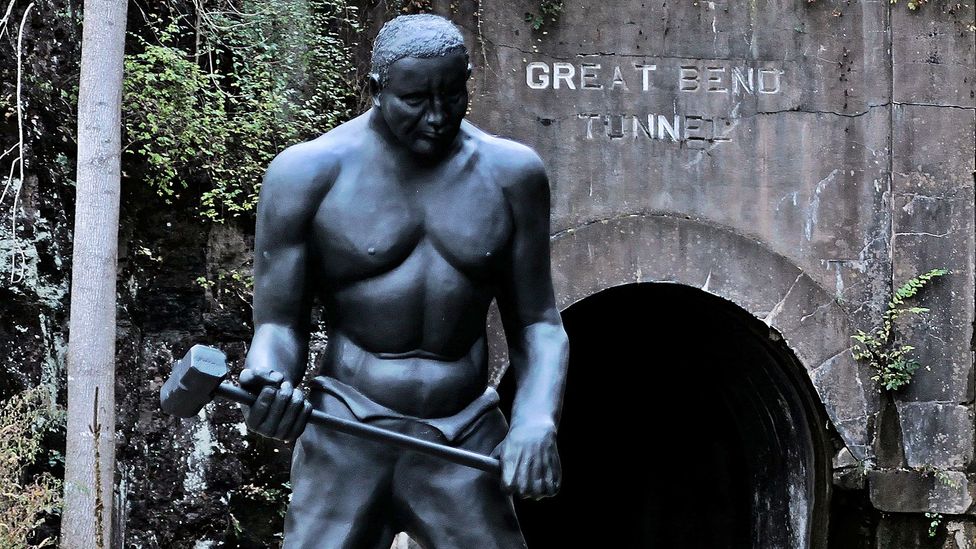
Source: ScheerPost
The death spiral of the American Empire will not be halted with
civility. It will not be halted with the 42 executive orders signed by
Joe Biden, however welcome many are, especially since they can, with a
new chief executive, be immediately revoked. It will not be halted by
removing Donald Trump, and the crackpot conspiracy theorists, Christian
fascists and racists who support him, from social media. It will not be
halted by locking up the Proud Boys and the clueless protestors who
stormed the Congress on January 6 and took selfies in Mike Pence’s
Senate chair. It will not be halted by restoring the frayed alliances
with our European allies or rejoining the World Health Organization or
the Paris Climate Agreement. All of these measures are window dressing,
masking the root cause of the demise of America — unchecked oligarchic
power and greed. The longer wealth is funneled upwards into the hands of
a tiny, oligarchic cabal, who put Biden into office and whose interests
he assiduously serves, we are doomed.
Once an oligarchy seizes power, deforming governing institutions to
exclusively serve their narrow interests and turning the citizenry into
serfs, there are only two options, as Aristotle pointed out — tyranny or
revolution. The staggering concentration of wealth and obscene avarice
of the very rich now dwarfs the hedonism and excesses of the world’s
most heinous despots and wealthiest capitalists of the past. In 2015,
shortly before he died, Forbes estimated David Rockefeller’s net worth
was $3 billion. The Shah of Iran looted an estimated $1 billion from his
country. Ferdinand and Imelda Marcos amassed between $5 and $10
billion. And the former Zimbabwean President Robert Mugabe was worth
about a billion. Jeff Bezos and Elon Musk are each at $180 billion.
"The longer wealth is funneled upwards into the hands of a tiny,
oligarchic cabal, who put Biden into office and whose interests he
assiduously serves, we are doomed."
The new wealth comes from a cartel capitalism far more concentrated
and far more criminal than any of the cartels built by the old robber
barons of the 19th century. It was made possible by Ronald Reagan and
Bill Clinton who, in exchange for corporate money to fund their
campaigns and later Clinton’s foundation and post-presidency opulent
lifestyle, abolished the regulations that once protected the citizenry
from the worst forms of monopoly exploitation. The demolishing of
regulations made possible the largest upwards transference of wealth in
American history. Whatever you say about Trump, he at least initiated
moves to break up Facebook, Google, Amazon and the other Silicon Valley
monopolists, none of which will happen under Biden, whose campaign these
corporations bankrolled. And that has to be one of the reasons these
digital platforms disappeared Trump from social media.
The new robber barons peddle the classless identity politics of the
Democratic Party to deflect attention from their stranglehold on wealth
and power, as well as their exploitation of workers, especially those
that make their products overseas. Corporations such as Walmart have 80
percent of their suppliers in China. These corporations are full
partners in China’s state-controlled capitalism and suppression of basic
labor rights and wages, where most Chinese workers make less than $350 a
month and toil in Dickensian conditions.
There is no political will among the ruling elites to defend the
rights of Amazon workers who are aggressively blocked by the company,
the country’s second largest employer, from forming unions,
work all night in drafty, COVID-19-infested warehouses or deliver
packages for $15 an hour, which leaves thousands of Amazon workers
dependent on food stamps. Likewise, this is no political will among the
elites to defend the rights of workers in China, often forced to work
100 hours of overtime a month in sweatshops for as little as $2 or $3 an hour.
History has repeatedly illustrated the dire consequences of extreme
social inequality. It foments revolutionary ferment, which can come from
the left or the right. Either a leftwing populism that smashes
oligarchic power takes control or its counterfeit, a rightwing populism,
built on the poisoned solidarity of hate, racism, vengeance and
violence — and bankrolled by the hated oligarchs that use it as a front
to solidify tyranny. We are barreling towards the latter.
The soaring levels of social inequality are laid out in stark
statistics that are reflected back to us in the pain, despair and
suffering afflicting perhaps 70 percent of the US public. The wealth of
US billionaires has increased to over $1.1 trillion since mid-March
2020, when the pandemic began to ravage the country, a nearly 40 percent
leap during the past 10 months. The total wealth of America’s 660
billionaires, $4.1 trillion, is two-thirds higher than the $2.4 trillion in total wealth held by the bottom half of the population, 165 million Americans. An additional eight million Americans were recently classified as “newly poor” as the poverty rate increased 2.4 percentage points from
June to December 2020. It is now at 11.8 percent, although many
economists argue that the official poverty rate of $26,500 for a family
of four masks the fact that perhaps half the country lives in real poverty.
"Class war is the real fight, which corporate-owned media platforms and bankrupt liberals refuse to discuss."
The official poverty rate for Blacks has climbed 5.4 percent to 23.6 percent just
between June and December, but again is probably at least twice that
number. Blacks, along with Hispanic and Native American people, are also
dying from COVID-19 at almost three times the rate of white people,
according to the Centers for Disease Control and Prevention. But,
despite the fact that many Blacks work in the health care industry they
are being inoculated at percentages far below those of whites. In
Maryland, for example, Black people make up 30 percent of the population
and 40 percent of the health care industry yet account for just 16
percent of those who have been vaccinated. Since the beginning of the
pandemic, landlords have filed more than 227,000 evictions in just the
27 cities in five states that the Princeton Eviction Lab tracks — and that is with a national eviction moratorium. Twelve million renters, who owe an average of $5,600 in back rent and utilities, now face being thrown out of their homes. By the end of 2020 there were an estimated 50 million food-insecure Americans, up from 35 million in 2019. One in four households with children, according to a report from Feeding America, experienced food insecurity in 2020.
The response by the ruling oligarchs is the equivalent of tossing
coins from their gilded carriages to the despised masses. The Democrats
have proposed raising the federal minimum wage from $7.25 to $15, but
not until 2025. Biden has actually called for reducing the proposed
third stimulus check — a $1,200 check for eligible adults was issued
last spring and a $600 per person check was issued earlier this month —
from $2,000 to $1,400. The oligarchs have bristled at even these meager
responses. Larry Summers, Clinton’s treasury secretary who orchestrated
the Wall Street bailout in 2008, called the $2,000 checks — crumbs
compared to the trillions handed to Wall Street speculators —- a
“serious mistake.” Elon Musk, now one of the two richest humans, said
that a second “government stimulus package is not in the best interests
of the people.”
The response by a morally bankrupt ruling class are symbolic, given
that we are enduring the worst economic crisis since the Great
Depression and an estimated one-third of all Americans are struggling to
pay their bills. It illustrates how woefully disconnected the elites
are from the lives of those they dominate.
Unless families receive regular monthly payments of at least $2,000
until the pandemic ends; unless the country has access to universal
health care, especially during a national health crisis; unless the
nation radically pivots from fossil fuels to halt the looming ecocide;
unless the crippling debts that are draining the bank accounts of
American families are reduced or forgiven; unless there is an
unassailable moratorium on evictions and foreclosures; and unless
manufacturers at home and overseas are forced through stringent trade
agreements and labor laws to pay decent wages, abide by strict labor
regulations and permit independent unions, the oligarchs will only
accelerate their pillage.
The class warfare is global. Not until workers in sweatshops in
China, Mexico, Cambodia, Vietnam, India and Bangladesh are lifted out of
poverty will the American working class be lifted out of poverty. This
class war is the real fight, which corporate-owned media platforms and
bankrupt liberals refuse to discuss.
“In a real sense all life is inter-related,” Martin Luther King wrote in his Letter from Birmingham Jail.
“All men are caught in an inescapable network of mutuality, tied in a
single garment of destiny. Whatever affects one directly, affects all
indirectly. I can never be what I ought to be until you are what you
ought to be, and you can never be what you ought to be until I am what I
ought to be.”
Liberalism, which Rosa Luxemburg called by its more appropriate
name—“opportunism”—is an integral component of capitalism. When the
citizens grow restive, or when capitalism goes into crisis as it did in
the 1930s, liberals ameliorate capitalism’s cruel excesses. Franklin
Delano Roosevelt correctly said his greatest achievement was that he
saved capitalism.
But capitalism, Luxemburg argued, is an enemy that can never be
appeased. Liberal reforms, such as the New Deal legislation, are used to
temporarily stymie organized resistance and then later, when things
grow quiet, dismantled to reinstitute capitalist slavery. The history of
capitalism illustrates this constant seesaw between liberal reforms and
unregulated, capitalist exploitation. The last century of labor
struggles in the United States, which has seen unions largely
obliterated, and the advent of neoliberalism, austerity, rampant
militarism and deindustrialization amply prove Luxemburg’s thesis.
Fascism is the result of a failed liberalism. With liberalism
corrupted, as it has been in the hands of the Democratic Party since
Bill Clinton, all self-identified liberals have left to peddle is
cloying appeals for tolerance and civility, shorn of economic justice.
This politesse, which epitomizes the Biden White House, fuels an animus
towards the ruling elites, along with the feckless liberals and the
liberal values they purport to defend.
The elevation of women, people of color and those with different
sexual orientations to managerial positions in the oligarchic state is
not an advance. It is a species of corporate colonialism. It is
branding. It is the substitution of cultural politics for real politics.
When the Belgian colonizers could no longer openly exploit the Congo, they installed the corrupt and compliant puppet Joseph-Désiré Mobutu,
after, of course, assassinating the courageous independence leader and
first prime minister Patrice Lumumba. Mobuto, who embezzled between $4
and $15 billion during his bloody dictatorial reign, served his colonial
masters until the end. Expect the same prostrations before corporate
power from the diverse appointments in Biden’s cabinet and, should it be
required, the same state repression.
The political, cultural and judicial systems in any capitalist state
are centered around the sanctity of private property. Laws and
legislation are instituted for the defense of the rich against the poor,
or, as Luxemburg writes, “those who have some property against those
who have none at all.” This inherent bias in capitalist societies,
however, becomes criminal once monopolies, from Wall Street Banks to
Silicon Valley, seize the organs of power. These monopolists create, by
abolishing regulation and oversight, as political economist Karl Polanyi
writes, first a mafia economy and then, inevitably, a mafia state.
The Democrats and Republicans have legalized a level of greed and
fraud that even heirs of the robber barons thought unsustainable. David
Rockefeller’s “enlightened capitalism,” however self-serving, along with
his call for a nation of stakeholders and his formation of the
Trilateral Commission, have been pushed aside to license unchecked corporate pillage.
Bill Clinton and his two treasury secretary enablers, Robert Rubin
and Larry Summers, instituted a system of unregulated capitalism that
has resulted in financial anarchy. This anarchic form of capitalism,
where everything, including human beings and the natural world, is a
commodity to exploit until exhaustion or collapse, is justified by
identity politics. It is sold as “enlightened liberalism” as opposed to
the old pro-union class politics that saw the Democrats heed the voices
of the working class. Financial anarchy and short-term plunder have
destroyed long-term financial and political stability. It has also
pushed the human species, along with most other species, closer and
closer towards extinction.
The more workers are dehumanized, as Polanyi notes,
the more the ruling elites are morally degraded. Unheard-of wealth
creates unheard-of poverty. “Scholars proclaimed in unison that a
science had been discovered which put the laws governing man’s world
beyond any doubt,” Polanyi writes of laissez-faire capitalists. “It was
at the behest of these laws that compassion was removed from the hearts,
and a stoic determination to renounce human solidarity in the name of
the greatest happiness of the greatest number gained the dignity of a
secular religion.” Workers, abandoned by the state, reach a point where
they resemble more “spectators that might haunt a nightmare than human
beings.”
The shipping of jobs overseas, where workers toil in conditions that
replicate the worst abuses of the early industrial revolution, leaves
those in the industrialized world unable to compete. A living wage, job
security and benefits are replaced by the insecurity of the “gig”
economy. This global market forces workers, whether in the Rust Belt or
in China, to surrender before the dictates of their corporate masters.
The bondage of the working class, at home and abroad, cannot be
corrected by legal or legislative reform when the political system is
hostage to corporate money and political office is defined by legalized
bribery.
Global capitalism relentlessly searches the globe to exploit cheap,
unorganized labor and plunder natural resources. This is its nature, as
Karl Marx understood. It buys off or overthrows local elites. It blocks
the ability of the developing world to become self-sufficient. At the
same time, it strips workers in the industrialized world of good paying
jobs, benefits and legal protections, pushing them into crippling debt
peonage, which further swells the bank accounts of these global
speculators. Its two unrelenting goals are the maximization of profit
and the reduction of the cost of production, which demands that workers
be disempowered and treated like prisoners. This global assault on the
working class is fueling a global rage. And its visage, as we see among
the white, dispossessed working class in America, can often be very
ugly.
Apple, one of the most profitable companies in the world, is the
epitome of “enlightened” global capitalism. WIRED reported that
“employees at Alphabet, Amazon, Apple, Facebook, Microsoft, and Oracle
have contributed nearly 20 times as much money to Biden as to Trump
since the beginning of 2019. According to data released by the Federal
Election Commission, which requires individuals who contribute $200 or
more to a presidential campaign to report their employer, employees at
these six companies have contributed $4,787,752 to Biden and just
$239,527 to Trump.”
"Societal breakdown, which is looming, brings with it grotesque
political distortions. Trump was a symptom of this breakdown. He was not
the disease."
Employees at Alphabet, Google’s parent company, WIRED reported, are
Biden’s biggest financial backers in Silicon Valley. They donated nearly
$1.8 million, more than one-third of the money raised from employees of
the six companies. Open Secrets, a campaign finance watchdog, found
that contributions from Alphabet’s employees and political action
committee to the Biden campaign collectively exceed those from any other company. Alphabet, Microsoft, Amazon, Facebook, and Apple, Open Secrets found, account for five of the seven largest donors to the Biden campaign on that basis.
Apple in China, however, treats its workers little better than 19th-century serfs. Jenny Chan, Mark Selden and Pun Ngai in Dying for an iPhone,
chronicle the endemic labor abuses, including substandard wages and
wage theft, long hours, union busting, a refusal to pay sick leave,
unsafe labor conditions, a harsh work environment and pressure to meet
quotas, that contribute to a high rate of worker suicides in factories
that make Apple products. Workers are crammed into overcrowded
dormitories next to factories “to facilitate high-speed, round-the-clock
production” and are forced to put in as much as 130 overtime hours a
month.
The disenfranchised white working class embraced Trump because he
taunted and belittled the globalists and monopoly capitalists who
destroyed their communities and their lives. For them, Trump’s
vulgarity was a welcome respite from the cloying language of inclusivity
and political correctness used by the oligarchs to mask the crimes of
monopoly capitalism. The connecting tissue, in the United States,
between these disparate, disenfranchised groups of white workers is
Christian fascism.
Biden, a tool of global oligarchy, who naively intends to resurrect the ancien régime,
is paving the way for a frightening despotism, one where voices of
dissent, from the left and the right, are censored and all who refuse to
accept the new global order are labeled as domestic terrorists and
pounded into submission. Societal breakdown, which is looming, brings
with it grotesque political distortions. Trump was a symptom of this
breakdown. He was not the disease. This dystopian future, one that
will probably end in the United States in a form of Christian fascism,
has been bequeathed to us by the ruling global elites, who in another
era would have been found promenading through the halls of Versailles or
the Forbidden City.
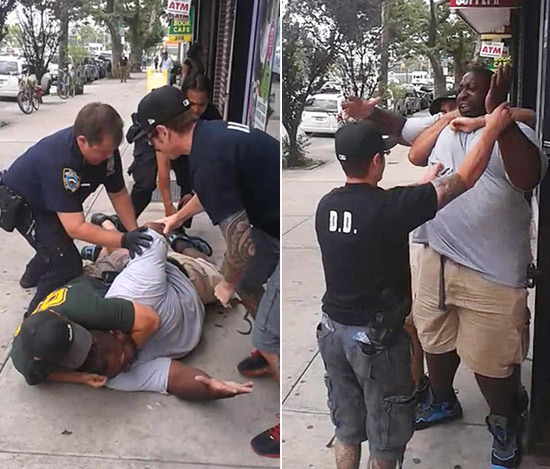
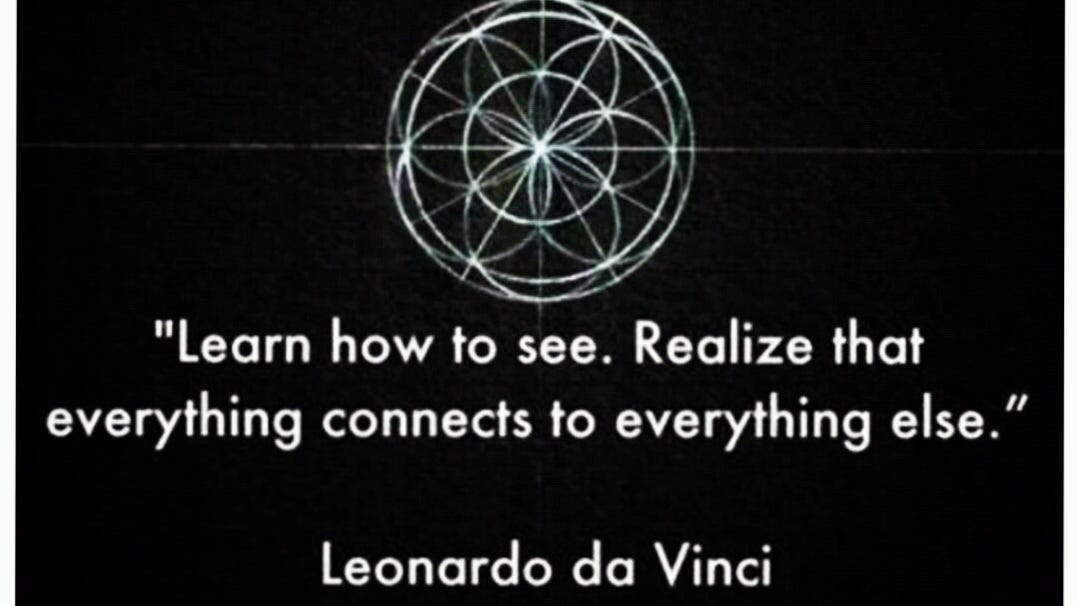

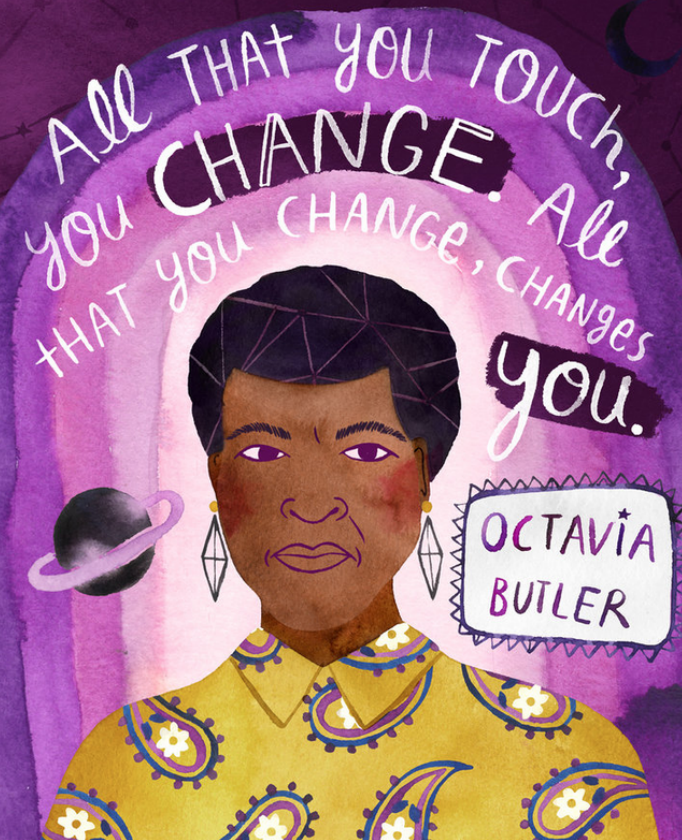







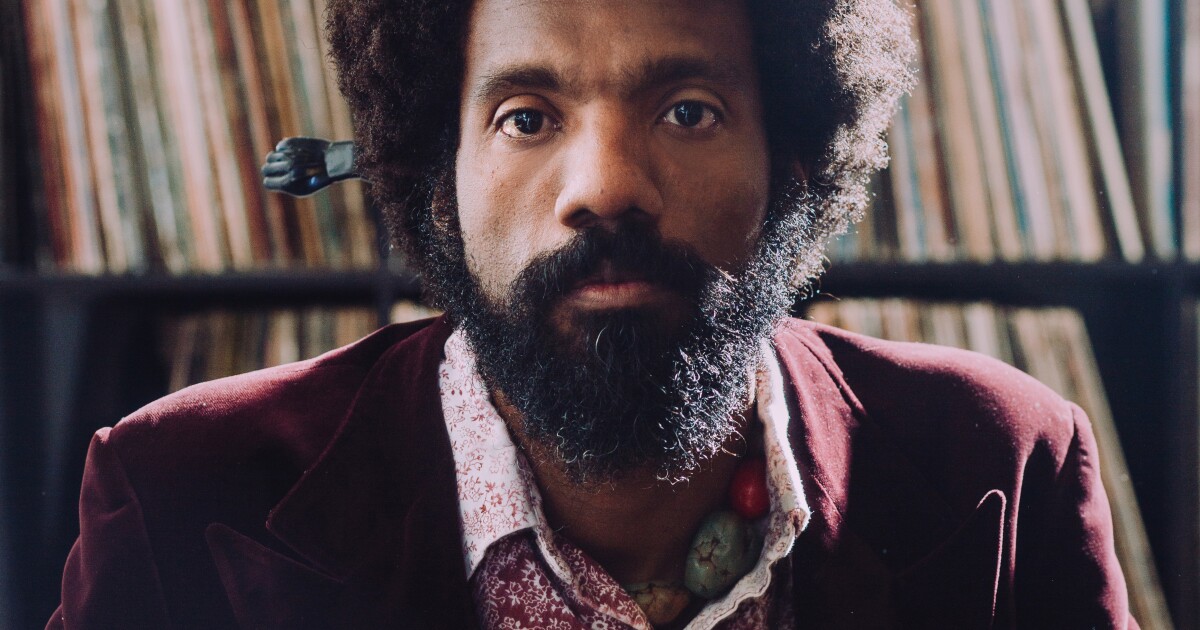

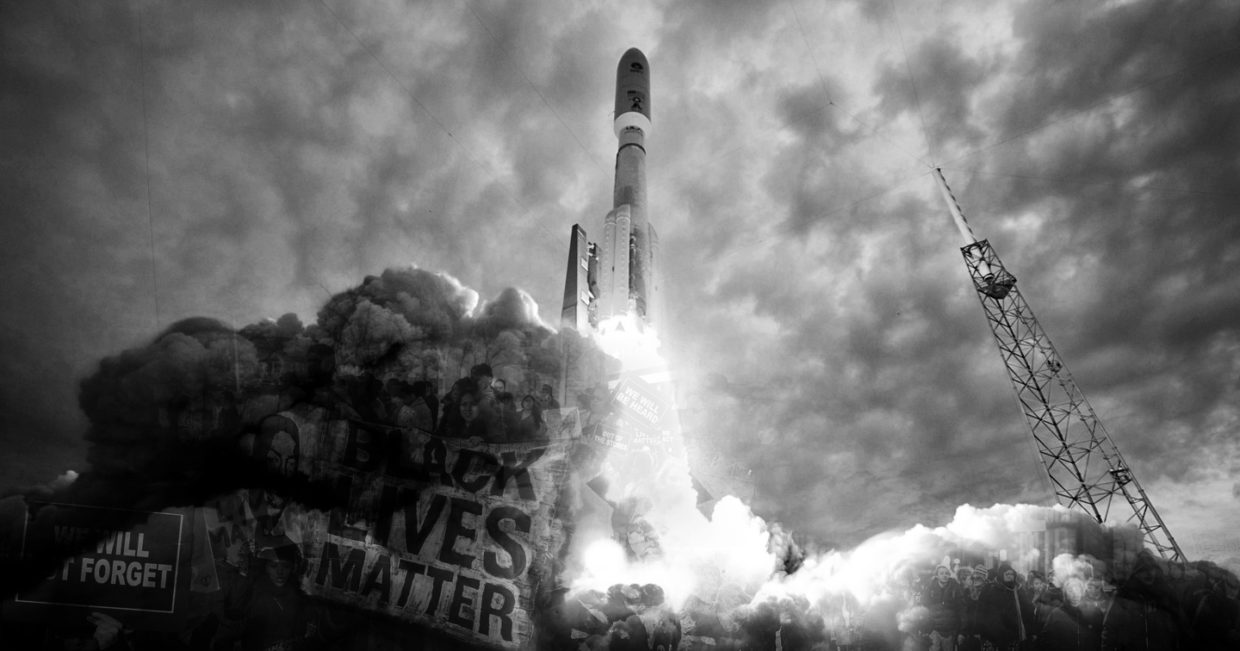
/media/img/2018/05/1013_WEL_NFL_lede_720x405/original.png)
